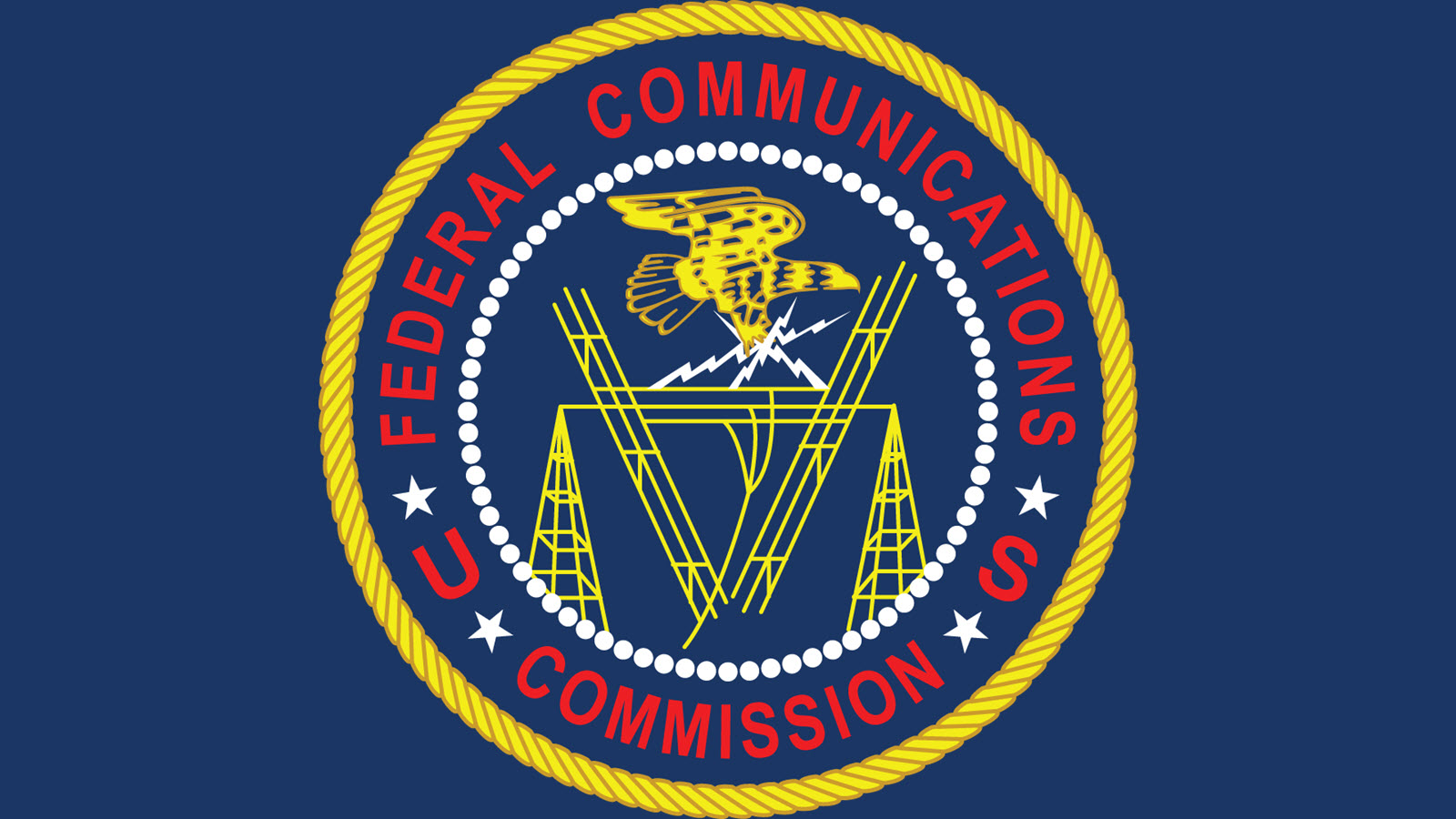FCC Seeks More Input on Compensating C-Band Incumbents

The smarter way to stay on top of broadcasting and cable industry. Sign up below
You are now subscribed
Your newsletter sign-up was successful
The FCC said it wants more input on the issues surrounding freeing up C-Band (3.7/4.2 GHz) midband satellite spectrum for 5G terrestrial wireless, including what authority it has to compensate broadcast and cable incumbent satellite spectrum users for relocating their receive-only earth stations. It has extended the comment period six weeks to accommodate that, so won't be making a decision on the C-Band spectrum for at least a couple more months.
Broadcast and cable operators receive network programming via that C-band spectrum and could face dislocation and potential interference from new terrestrial users and a repack process.
Related: CAGW Says C-Band Auction Is Taxpayer-Friendly Way to Go
The Wireless and International Bureaus say that the comments they have already received on both market-based and auction-based methods of repurposing some or all of the spectrum to help close the digital divide and win in the race to 5G "raise additional issues" about the FCC's authority to do some of the things that have been suggested.
The FCC says its goal is to balance the need for speed (and efficiency) in freeing up the spectrum with the need to accommodate incumbent operations. Those include providing cable and broadcast networks to stations and operators.
Related" C-Band Alliance Provides More Details on Clearing Plan
The FCC said it wants to hear specifically about the following, but says it is open to "any other issues" as well:
The smarter way to stay on top of broadcasting and cable industry. Sign up below
1. "What are the enforceable interference protection rights, if any, granted to space station operators against co-primary terrestrial operations? Do those rights depend on the extent incumbent earth stations receive their transmissions within the United States? And what limits, if any, does section 316 of the Act place on the proposals raised by the Commission in the Notice or by the commenters in this docket?" The FCC is particularly interested in the extent to which satellite space station operators have enforceable rights against harmful interference from terrestrial stations under "space station licenses and market access grants." The C-Band Alliance says space station operators with no U.S. customers or revenues should not be compensated in the transition.
2. "What are the enforceable interference protection rights granted to licensed or registered receive-only earth station operators against co-primary terrestrial operations?" Cable operators and broadcasters are among those earth station operators and some have raised the issue of getting compensated along with the satellite operators in any spectrum reclamation. The FCC wants to know if those receive-only operators have rights they would be relinquishing and could be compensated for in an incentive auction or, if the FCC decides not to auction the spectrum, if the FCC has the authority to authorize or require payments to receive-only earth stations to induce them to modify or relocate their facilities.
Initial comments are due 30 days after publication of the notice (released May 6) in the Federal Register. Reply comments are due 45 days after publication.
The FCC voted unanimously in July 2018 to find ways to open up the C-band spectrum (3.7-4.2 Ghz) -- either all of the proposed 500 Mhz or some portion of it -- for terrestrial wireless use.
Those ways could include an incentive or capacity auction, a market mechanism where incumbents voluntarily strike deals to reduce their footprint, or some other means.
Contributing editor John Eggerton has been an editor and/or writer on media regulation, legislation and policy for over four decades, including covering the FCC, FTC, Congress, the major media trade associations, and the federal courts. In addition to Multichannel News and Broadcasting + Cable, his work has appeared in Radio World, TV Technology, TV Fax, This Week in Consumer Electronics, Variety and the Encyclopedia Britannica.

